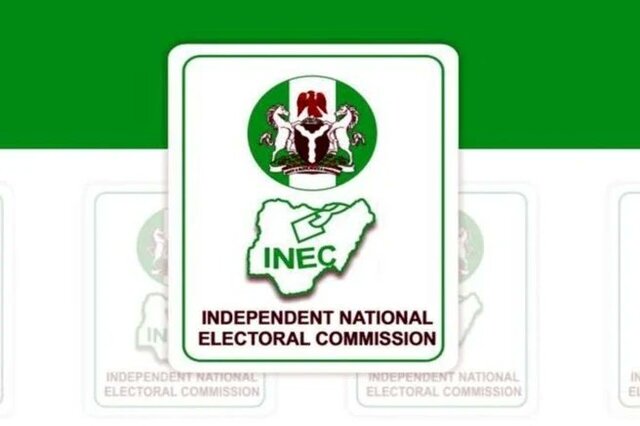Lagos – Nigeria’s Independent National Electoral Commission (INEC) said on Wednesday that elections would go ahead as scheduled this month despite growing tensions around currency and fuel shortages.
Following a meeting with President Muhammadu Buhari, who is stepping down after two terms in office, INEC chairperson Mahmood Yakubu said steps were being taken to address those challenges.
“Rest assured that the election will hold as scheduled, on the 25th of February for national (elections) and on the 11th of March for state elections,” he said.
National Security Adviser, Maj. Gen. Babagana Monguno (rtd), Chief of Defence Staff, Gen. Lucky Irabor and Inspector General of Police, Usman Baba have assured INEC and Nigerians that adequate security will be provided throughout the country during the 2023 General Election. pic.twitter.com/qQV4TBgBun
— INEC Nigeria (@inecnigeria) February 7, 2023
Nigeria often struggles with fuel shortages but queues outside petrol stations have been particularly bad in megacity Lagos this week.
After saying that “arrangements may be negatively affected by the non-availability of (fuel) products,” INEC met with the Nigerian National Petroleum Company Limited (NNPC) to address the issue.
Yakubu said the plan was for the NNPC to dedicate “over 900 land mega stations as well as floating mega stations nationwide, for the purpose of stocking products.”
This, he said, would “ensure that the Commission doesn’t suffer any encumbrances in movement of personnel and materials for the election.”
Another major challenge for Nigerians in the runup to the elections.
New banknotes issued in December are part of a measure by the Central Bank of Nigeria (CBN) to crackdown on currency counterfeiting and ransom payments to kidnappers, as well reduce the volume of money outside the banking system.
ALSO READ | Election violence in Nigeria’s south east is threatening to derail voting in the region
The deadline to swap old notes was initially the end of January, but due to a lack of notes available at banks, the CBN postponed it to February 10.
Queues at cash machines are huge and several protests broke out in the southwestern town of Abeokuta on Tuesday and in the northern city of Kano last week.
The INEC chairman said that the CBN had assured them that elections would not be affected by the currency swap, without giving further details.
Eighteen candidates are running for president, led by Bola Tinubu of the ruling party All Progressives Congress (APC), the main opposition party Peoples Democratic Party’s (PDP) Atiku Abubakar and the Labour Party’s Peter Obi.
Candidates of two main parties have traded accusations of blame over the shortages with the ruling party hopeful suggesting his rivals had manufactured the crisis to undermine his election chances.
Follow African Insider on Facebook, Twitter and Instagram
Source: AFP
Picture: Twitter/@ClemenisongFDT
For more African news, visit Africaninsider.com


